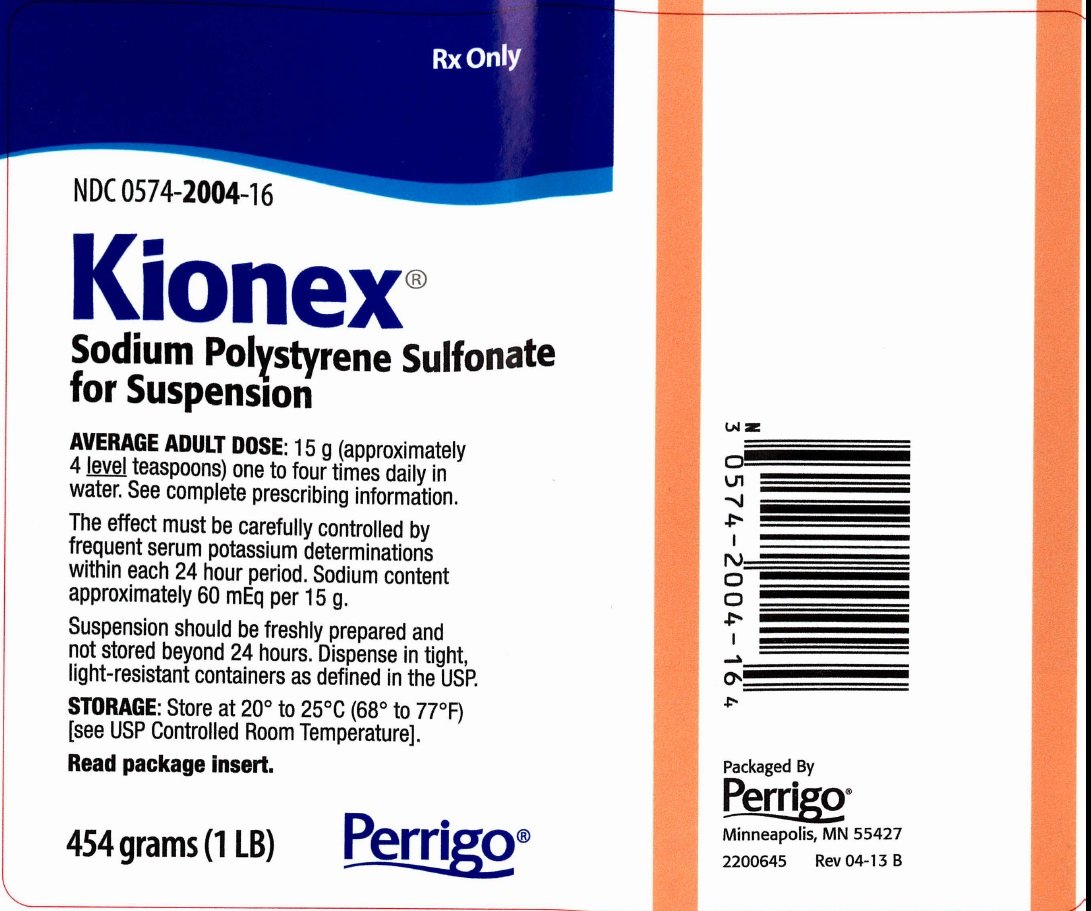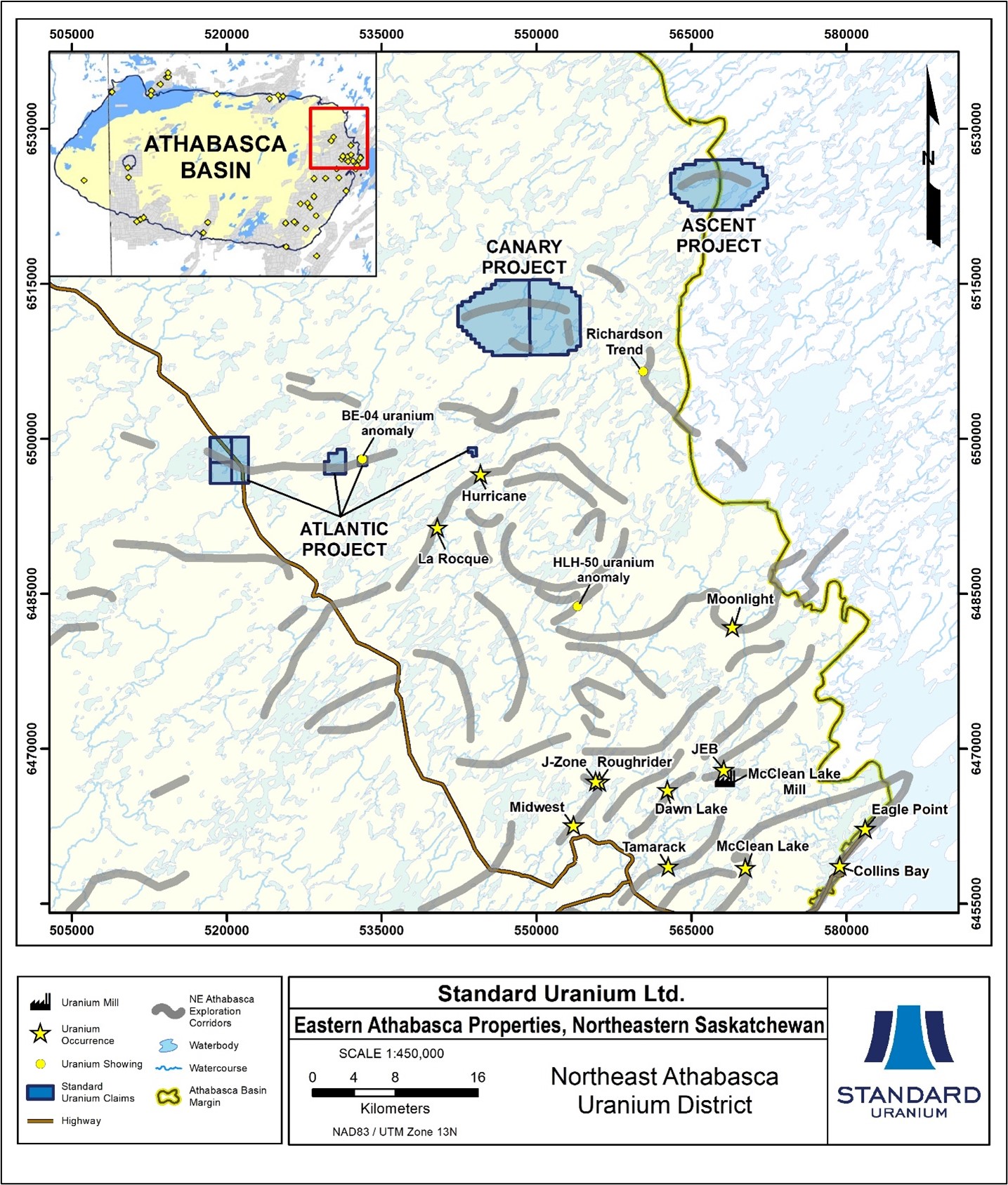The Maine Legislature concluded its session last week amidst confusion and a number of unresolved bills. The adjournment took place at 5:30 a.m. on Thursday, leaving legislators exhausted and dissatisfied with the handling of the end-of-session rush.
One of the main sources of contention was a late budget amendment proposed by House Appropriations Chair Melanie Sachs. The amendment, which reduced highway funding and a pension exemption for state workers, faced immediate opposition from Governor Janet Mills. Governor Mills vowed to veto the amendment, citing the absence of a storm relief package she had previously advocated for.
Despite the challenges, lawmakers were able to secure some of their desired outcomes. The storm relief package was amended to include $10 million for small businesses, in addition to the initial $50 million allocation. Lawmakers also rejected Governor Mills’ proposed $108 million savings account and instead allocated the funds to additional spending. However, this decision was met with criticism as the proposed savings were intended to be withdrawn from the existing “rainy day” fund.
Due to the prolonged budget debate, only a few bills that were “on the table” at the Appropriations Committee received funding, leaving over 100 bills to die without further action.
One positive development was the approval of a bond package, the first since 2019. The package amounts to $65 million and includes allocations for trails, research and development, and community historic preservation. The bills for this bond package were proposed by current and former Appropriations members.
Notably, the session did not see a vote on a “red flag” law that could have potentially prevented the Lewiston massacre in October 2020. The law would have allowed family members to petition a judge for intervention in cases where individuals pose a threat. However, meaningful gun safety laws were enacted, including a 72-hour waiting period that aims to prevent suicides.
Another significant bill passed during the session moves Maine closer to establishing a public defender system for indigent criminal defendants. This follows previous incremental steps taken towards this goal.
In other legislative decisions, the Portland Sea Dogs were granted a tax break, allowing them to remain in their current location. Additionally, the House reversed its opposition to the construction of a wind turbine port on Sears Island, as a sand dune created by human intervention will no longer impede the project.
The session, which lasted four months instead of the usual six, did not result in major changes to state law or the launch of new programs. However, the National Popular Vote Compact, a measure that has been advocated for since 2007, finally became law. The compact, which passed by a one-vote margin in the House, aims to ensure that the popular vote determines the outcome of presidential elections.
Overall, the session concluded with a mix of accomplishments and unresolved issues. The Legislature’s decisions will have a lasting impact on various aspects of Maine’s governance and policies.











